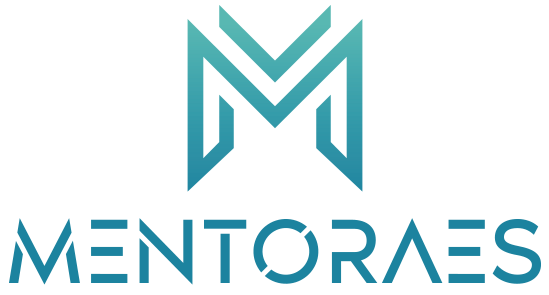People can leverage their emotional intelligence to deal with stress and ward off burnout. You, too, might want to try the following:
- Don’t be the source of your stress. Too many of us create our own stress, with its full bodily response, merely by thinking about or anticipating future episodes or encounters that might be stressful. People who have a high need to achieve or perfectionist tendencies may be more prone to creating their own stress. Leaders who are attuned to the pressures they put on themselves are better able to control their stress level. As one CMO described, “I’ve realized that much of my stress is self-inflicted from years of being hard on myself. Now that I know the problems it causes for me, I can talk myself out of the non-stop pressure.”
- Recognize your limitations. Becoming more aware of your strengths and weaknesses will clue you in to where you need help. Those who recognized when the demands were outweighing their abilities, didn’t go it alone—they surrounded themselves with trusted advisors and asked for help.
- Take deep breaths when you feel your tension and anxiety rapidly rising. Mindfulness practices help us to deal with immediate stressors and long-term difficulties. Using mindfulness techniques to slow heart rate and bring tension level down when faced with a stressor. Practicing mindfulness “allows me to be more open to other solutions and I don’t waste time in defense mode.” Heightening your awareness of your breathing may be difficult at first, for example, but remember that attention is the ultimate act of self-control.
- Reevaluate your perspective of the situation. Do you view a particular situation as a threat to something you value? Or do you view it as a problem to be solved? Changing your perspective on whether you’re experiencing distress or eustress can have an eye-opening effect on your ability to bring your stress level down. “What once felt like stress is now good stress; I’m motivated to think of it as a problem to be solved.”
- Deescalate conflicts by putting yourself in the other person’s shoes. The stress from conflicts often leads to burnout so it’s best to deescalate conflicts when you can. Be inquisitive, ask questions, listen deeply. Keep your attention to the other person and focus on what he is trying to tell you. By seeking to understand his perspective, you’ll be in a much better position to gain his trust and influence him.
By using and developing your emotional intelligence, you can put a stop to burnout—for you, and for others. Remember, though: improving EI takes time and effort. Be patient with yourself, as well as forgiving and kind. The last thing you want to do is to make improving your EI another source of stress.
Source: Harvard Business Review

